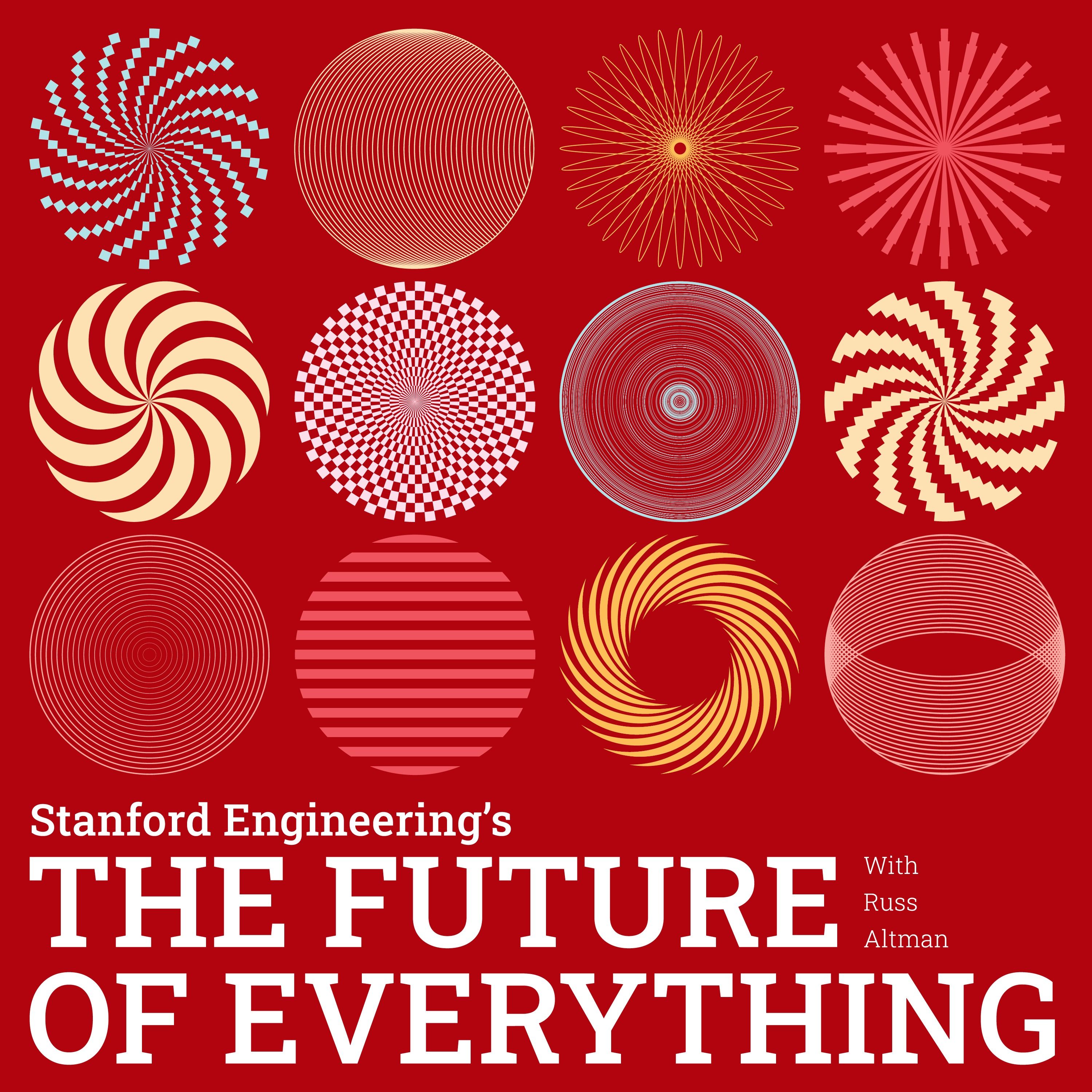Best of: How computer chips get speedier through specialization
The Future of computer chip design: delve into a revolutionary approach to chip design. A re-run of a conversation Russ had in 2021 with Priyanka Raina, an assistant professor of electrical engineering. Priya is an expert in computer chip design. Whether or not you realize it, chips are everywhere and power everything from your toaster to your car. Priya discusses the slowing pace of progress in improving chip efficiency, and how she sees a future where chip makers will need to shift away from general-purpose computer chips to task-specific chips.Chapter Time Stamps:<br />(00:00:00) IntroductionHost Russ Altman introduces the episode and the guest, Professor Priyanka Raina, an expert in electrical engineering.(00:01:15) The Traditional Chip Design ParadigmExplore the traditional chip design process and its challenges, including long development times and limitations in reusability.(00:04:28) The Role of Specialized ChipsUnderstand the emergence of specialized chips and how they target specific applications for improved performance.(00:07:56) The Promise of Core-Grain Reconfigurable Arrays (CGRAs)Learn about core-grain reconfigurable arrays and how they bridge the gap between specialization and adaptability.(00:10:12) Balancing Flexibility and SpecializationDiscover the concept of specialized compute units within CGRAs and how they can be tailored to various applications.(00:13:25) Agile Hardware DesignExplore the concept of agile hardware design and how it enables faster chip development iterations.(00:16:40) Overcoming Hardware and Software ChallengesUnderstand the challenges of combining adaptable hardware with rapidly changing software and applications.(00:19:02) The Role of Compilers in Chip DesignExplore the significance of compilers in translating high-level programming into efficient hardware instructions.(00:21:30) Adapting Compilers for CGRAsDiscover how compilers are adapted to work seamlessly with core-grain reconfigurable arrays, enabling automatic updates as hardware changes.(00:23:40) Benefits of Agile Chip DevelopmentLearn about the potential benefits of agile chip development, including reduced time-to-market and adaptability to evolving applications.(00:26:15) Revolutionizing Chip Development with CGRAsDiscuss how CGRAs can reshape the landscape of chip design, offering a new approach to balancing specialization and adaptability.

